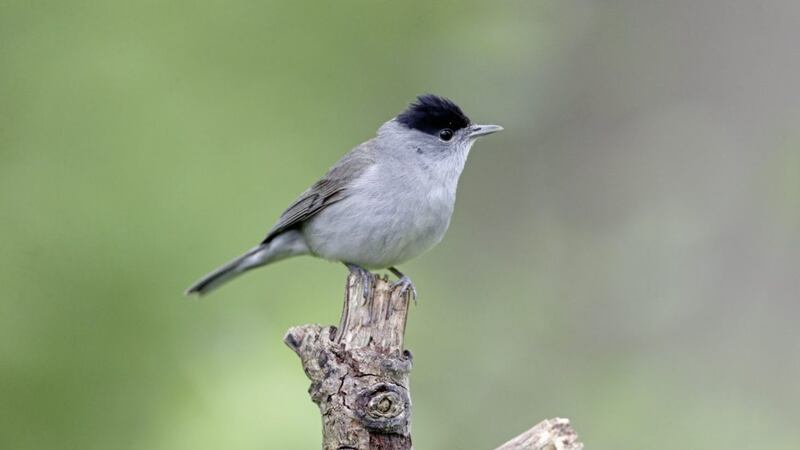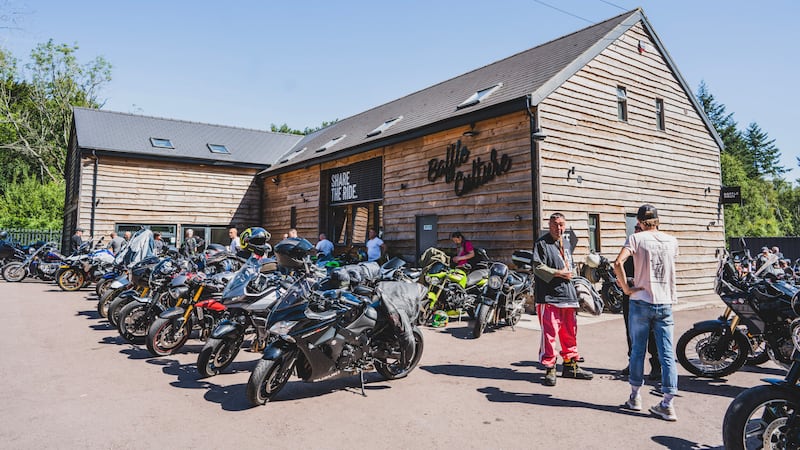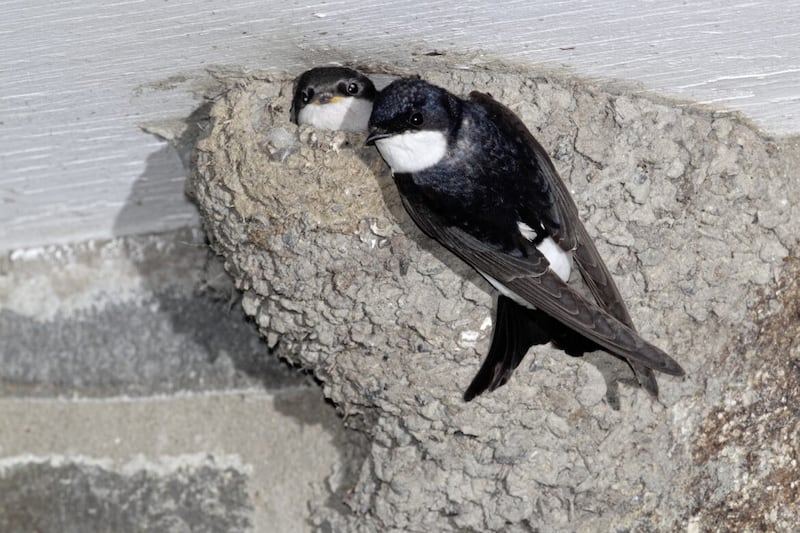WE are 10 days or so out from the winter solstice, that significant date in the calendar after which the earth begins its lean towards the sun, bringing increased daylight and a sense of renewal.
It will be some time before we see brighter mornings unfurl but already evenings are beginning their stretch and despite January's bleak midwinter feel, nature is slowly reawakening.
January, from Janus, the Roman god of new beginnings and passage, comes from the Latin, I?nus meaning an 'arched gateway', hinting at transition through the doorway to a new place.
A few days ago, while observing some finches and members of the tit family feeding on nuts, seeds and fat balls, my eyes were drawn towards the chestnut brown cap of a female blackcap, more typically a migrant we see in spring.
Irish breeding blackcaps visiting our woodlands in summer migrate to the warmer climes of the Mediterranean during autumn, so this female warbler was probably one of the increasing numbers of winter migrants from central Europe, visiting here to feast on berries and human offerings, another consequence of our warming climate.
The report, Is Supplementary Feeding in Gardens a Driver of Evolutionary Change in a Migratory Bird Species? (2015), using data from volunteer garden birdwatchers, by the British Trust for Ornithology (BTO), also presents evidence that the provision of supplementary foods in gardens during winter is a factor in attracting blackcaps to Britain from central Europe.
''Over a 12-year period, blackcaps have become increasingly associated with the provision of supplementary foods in British gardens," it states, and highlights how this is influencing migratory behaviour.
The study indicates that this, "is new and timely evidence of the role that human activities can play in shaping the evolutionary trajectories of wild bird populations".
This increasing number of blackcaps availing of food provided in gardens, the research suggests, "complements recent evidence that those blackcaps migrating to Britain in winter are diverging genetically from those that winter in Spain", having narrower and longer beaks, suggesting they have adapted to a more general diet.
It's probably safe to assume the same is true of wintering blackcaps in Ireland.
About the size of a robin, blackcaps have an overall grey body and those distinctive cap coverings, pale brown on the female bird and black on the male, giving it the simple Irish name Caipín dubh.
Sylvia atricapilla feeds mostly on insects in the summer months while nesting in dense woodland shrubs and hedgerows. It's from these thickly covered areas we often hear the bird's cheery, fluty song, or its chattering alarm call, often likened to 'two pebbles knocked together'.
One of our most beautiful songsters, the blackcap's distinctive tones and restless gait symbolise the arrival of spring.
For now, however, this blackcap was focused on the nearby fat balls, happy to bully other birds in the process. Seeing the bird reminded me of the unexpected visitors which can appear in winter months; birds like the redpoll, a small, acrobatic heavily streaked finch with a red forehead and yellow bill, which sometimes appears at peanut feeders.
Another occasional visitor from Scandinavia which I've seen only once, is the brambling, another finch which associates with its similar-sized cousin the chaffinch.
The male bird has a bright orange and white breast with a black head, colours which become more mottled in winter, like that of the female.
As we move with the natural world through the arched doorway of I?nus towards brighter days, keep an eye out for those errant visitors which might turn up somewhere near you.
Happy New Year.








